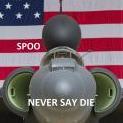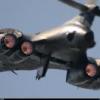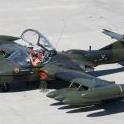Background: Current UPT instructor (FAIP)
Don't worry about the Boldface/Ops limits. You will have plenty of time in phase 1 (about 6 weeks) to learn it cold.
In fact, don't worry about much before phase one starts. Most of it won't make sense anyways. Once phase one starts, use that time to get ahead in three key areas. These areas will be much easier to work on once you have had the initial simulators, since they will give you some perspective.
The three key areas:
Checklists: in the T-6 there is a single-page document (often folded in half to have two sides) called the Consolidated Checklist or something like that. It starts at the cockpit check and ends with the Engine Shutdown checklist. Memorize it. Know every checklist, item by item, cold. Use your cockpit poster to help you memorize it, and when you are taught about the "flow and verify" method of running a checklist, use it.
Radio calls: they are listed out, generally put together in some sort of gouge document the Simulator Instructors hand out. Memorize them. Be able to spit the radio calls out, and know when to say them. Every single one for the various Contact profiles.
Departure Procedures. At CBM there are four you use in the Contact Phase. Memorize them. Cold. They are simple, and short. Know them like the back of your hand.
When you are first starting in UPT, every time you have to think or read anything, the plane takes an immediate vector into an UNSAT. Minimize the time you have to think and read by learning those three things before C4001. It will let you focus on more important things, like being pointed in the right direction, and staying on altitude. When you hit the flight line, you will have the opportunity to go to the UTDs on your own and practice checklists. Do this, many times. When I was a student I went about 3 times a week to the UTD. It helps, and not only does it help you fly better, it makes your instructor a lot happier when he/she doesn't have to spend 25 minutes melting in the summer heat waiting for you to fumble-###### through the checklists.
Caveat: There are other things you are responsible for learning. Those things should be made clear to you, and you will still need to know them. But don't neglect the three things above. IMHO, they will affect your flying more than anything else, other than raw skill.
Caveat II: Just my opinion. I am by no means the most experienced IP.














